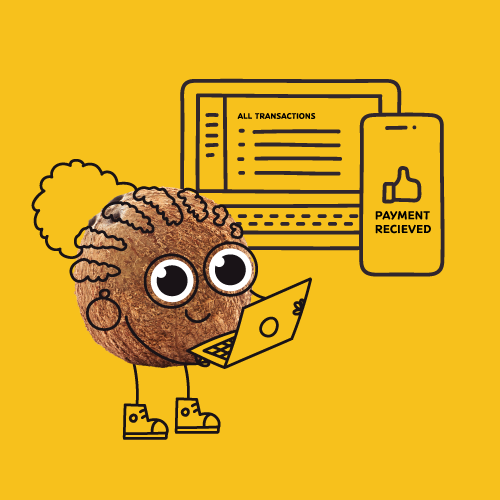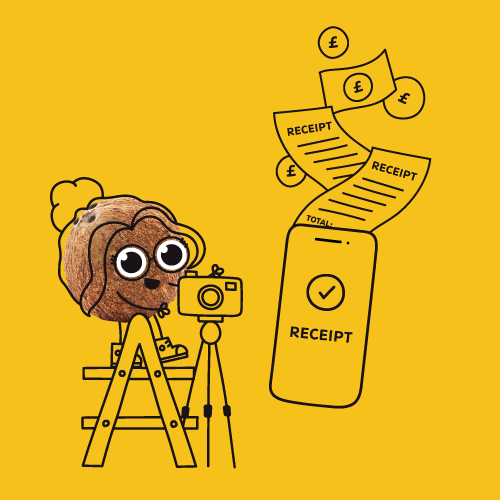It’s no secret that the rollout of Making Tax Digital has been complicated—with the latest update delaying the rollout of MTD for Income Tax until April 2026. But let's not forget the huge array of benefits that the accounting industry could enjoy through digitising sole trader clients—without or without the infamous HMRC scheme.
.png)
From Making Tax Digital for VAT to MTD ITSA, HMRC’s programme of digital transformation has been tweaked, often opaque, and repeatedly delayed. The result is that many practitioners across the accounting industry have become somewhat disenchanted by the whole thing—with the uncertainty and hassle surrounding the scheme overshadowing the potential upsides it offers.
This is a real shame, since digital technology has the potential to drastically improve how accountants work with their clients—and nowhere is this more evident than with sole traders. Sole traders are a huge potential market for accountants and bookkeepers, but a lower willingness to pay and a lack of robust systems in one-man-band businesses has given them a reputation as more trouble than they’re worth.
So, even though the rollout of MTD ITSA has now been delayed to 2026, we strongly believe that it's in accountant and bookkeepers' interest to start the process of digitising smaller clients now. Because while MTD ITSA does indeed present enormous opportunities for growth, it's not the only reason to do so.
How digitising your sole traders could revolutionise the way you work
Solve the paper problem
For sole traders with relatively small turnovers, using an accounting package or expense cloud software can seem like overkill—they normally come with a bunch of features that the sole traders don’t need, and the prices are too high.
However, this means that accountants end up picking up the slack and doing work that should be done by software. Chasing clients for paperwork and manually entering data into spreadsheets or HMRC software can be time-consuming and dull, eating into margins. And when the paperwork comes all at once—usually right before the deadline—it can be a real stress.
The answer is to use a digital sole trader tax solution that enables you to access your sole traders’ accounting information in real-time, that you can deliver at the right price-point, with minimal onboarding, providing only the features they need.
Not only does this save time on data entry, but you can also spread the work out that you used to cram into January throughout the year, reducing the workload for you and your customers.
Simplify their transactions
With 79% sole traders relying on their personal account for some or all of their business transactions, financial visibility can get muddy very quickly. This leaves both clients and accountants sorting through transactions and receipts manually to understand the business’s financials.
Sole-trader optimised tools like Coconut can unmuddle business transactions from personal accounts for self-employed and landlord clients with one tap, providing clear data for productive conversations.
Build value-led relationships
Lack of time and insufficient data prevent most accountants from offering their sole trader clients anything beyond basic compliance and once-a-year retrospectives into their books. Understanding how they were doing a year ago provides little value, and the relationship can be fraught with chasing and haggling over prices.
By automating the majority of the manual work and moving to a real-time accounting solution where you can see their data day-to-day, accountants have the chance to transform their client relationships. By using a digital solution, you can check in at any time and provide your sole traders with proactive, real-time advice and insights throughout the year, helping them grow their business.
Update their business processes
Digitising your sole trader clients isn’t just about moving their books into the cloud—these tools can also help streamline a range of business processes to make your clients more successful (whilst also saving your time and sanity, too!)
Coconut helps sole traders manage their most important financial processes from a single, simple app, so they can:
- Invoice from anywhere, any time—meaning they get paid quicker, and you don’t have to chase unpaid invoices
- Keep track of how much tax they need to save—so there are no nasty surprises (for anyone) when it comes to paying their tax bill
- Scan and save their receipts in the cloud—meaning you can both say goodbye to bags full of faded receipts, and know exactly where to find the records you need, when you need them.
Next steps
The reason many accountants haven’t moved their sole trader clients into the cloud is that the majority of solutions are just too complex and expensive for sole traders’ needs. This means that instead of saving time, you’re more likely to lose hours and money by putting your clients on a package they can’t (or don’t want to) use.
Any solution designed for a sole trader has to be simple and easy to use, at the right price point, and tailored to their unique needs.
That’s why we built Coconut: accounting and tax software that’s built to meet the needs of sole traders, landlords, and their accountants. There are no unnecessary features, no extra costs, and no confusing interfaces. The software is simple yet powerful, meaning you can digitise your clients with no fuss, no long training, and no awkward conversations about pricing.
As an accountant, you can sign up for a Coconut Partner Account for free, explore the Coconut Portal at your leisure, and see for yourself just how easy Coconut will make working with your smallest clients. Give it a go today!










